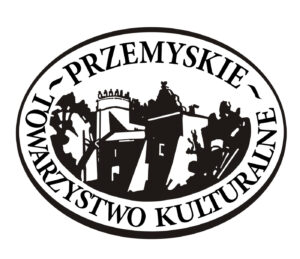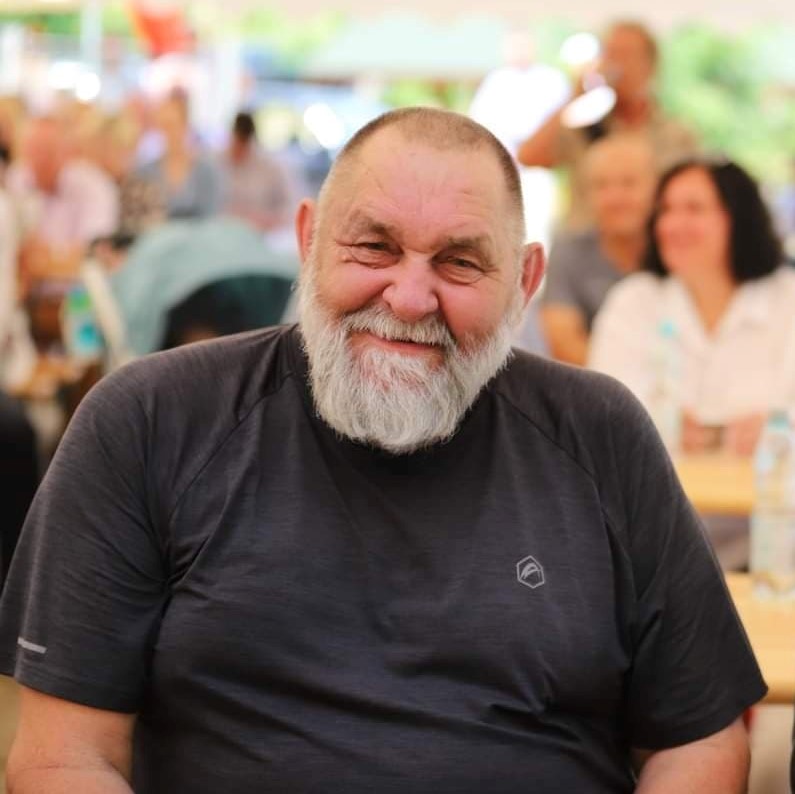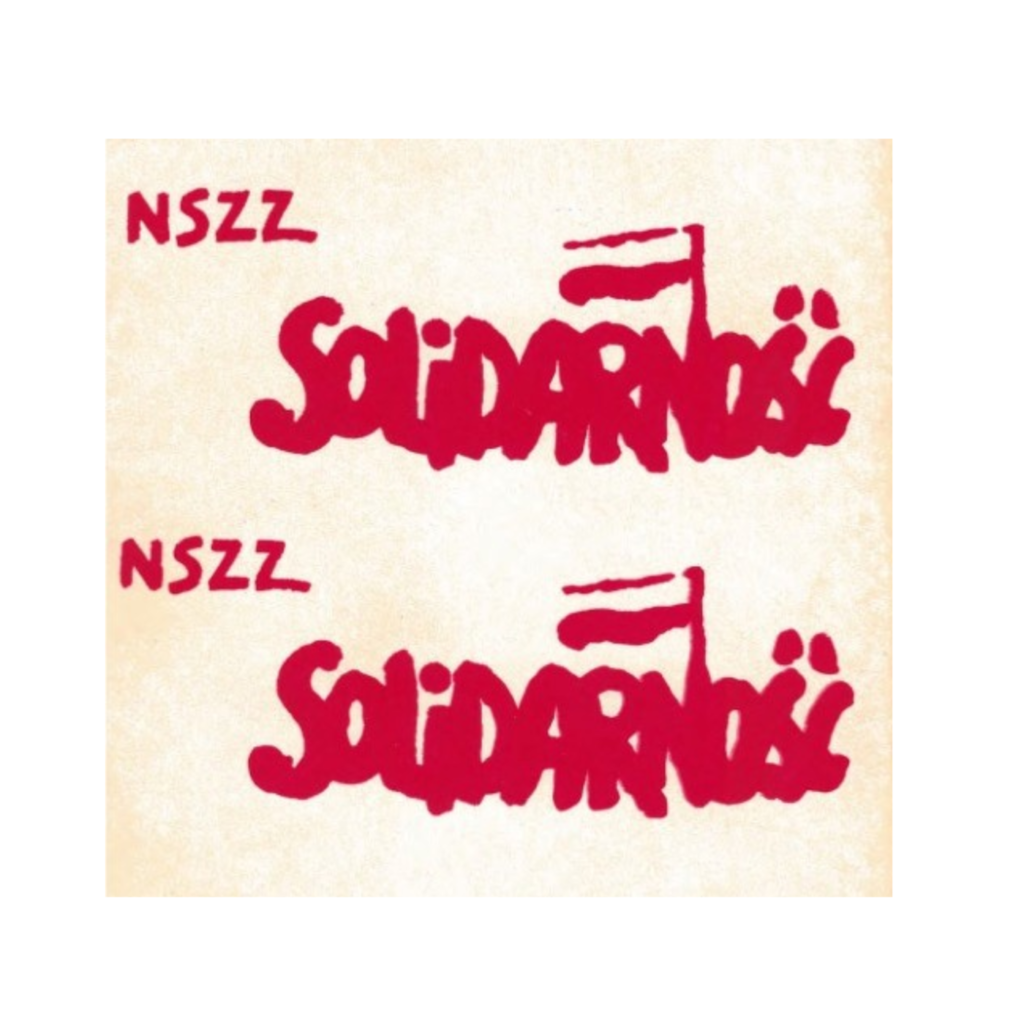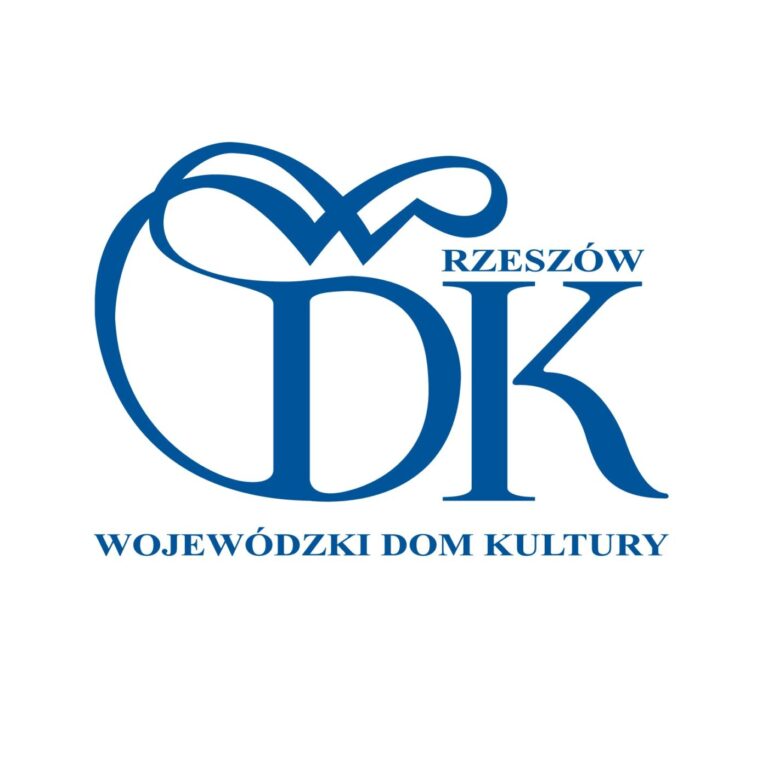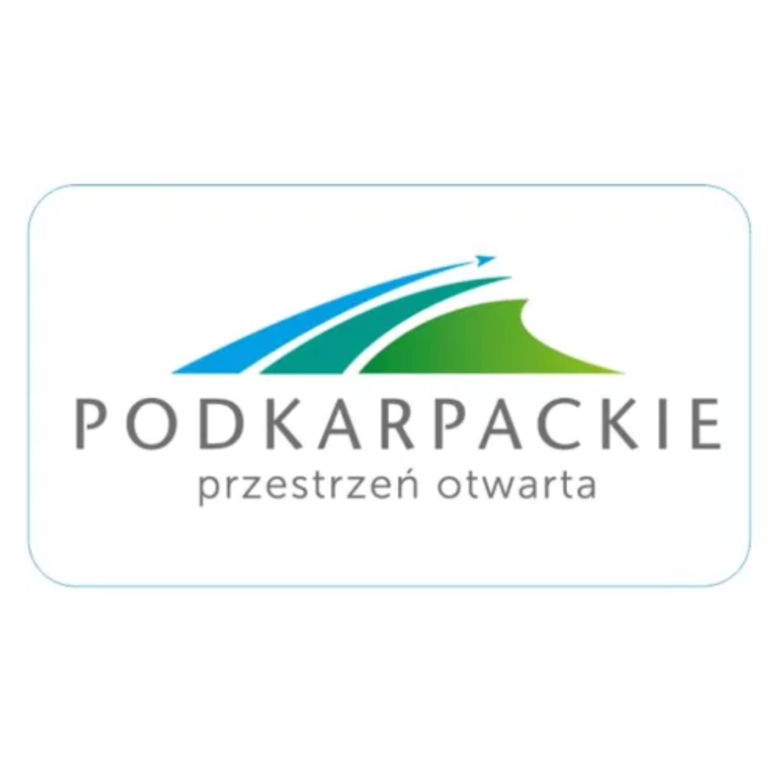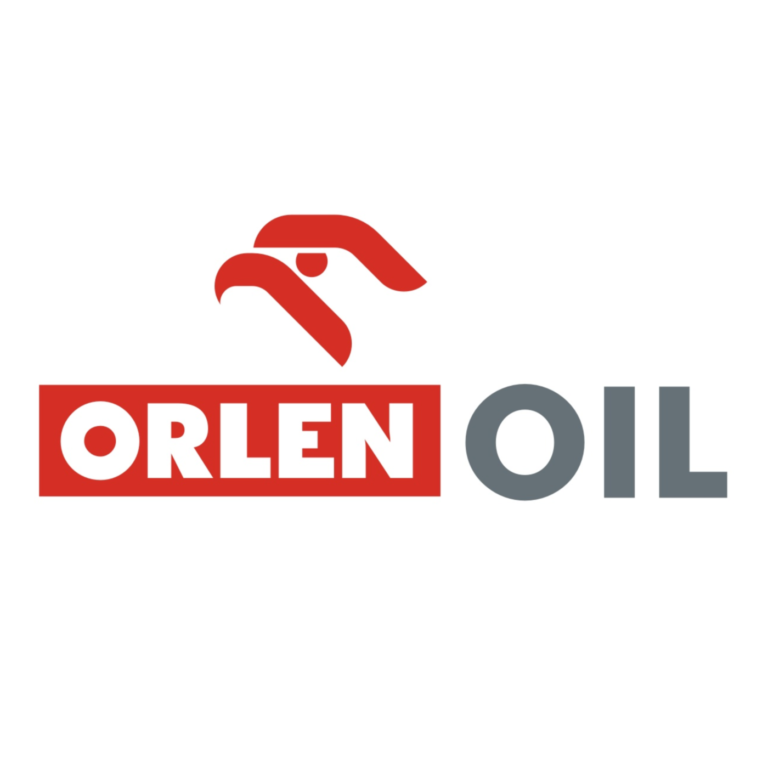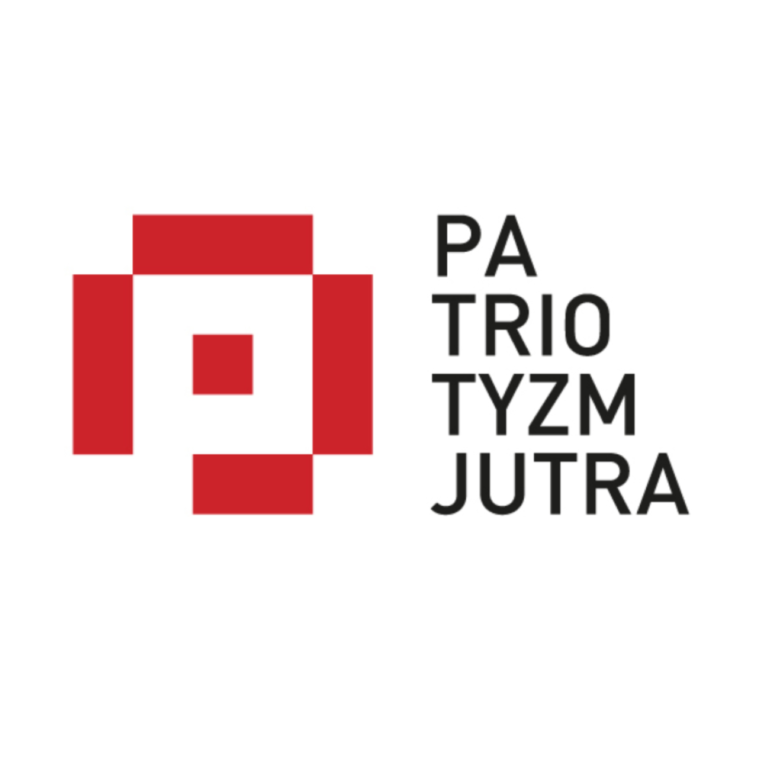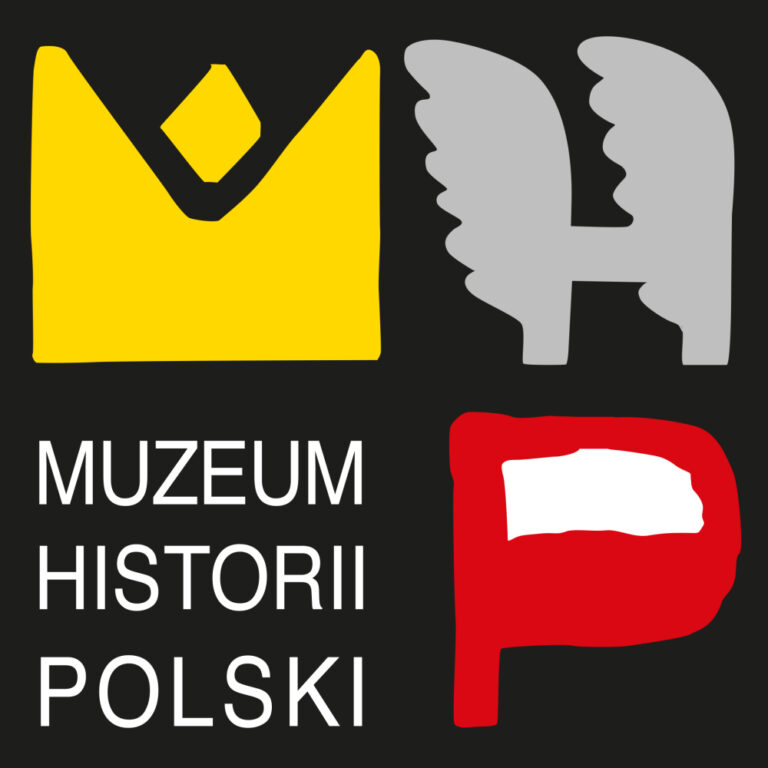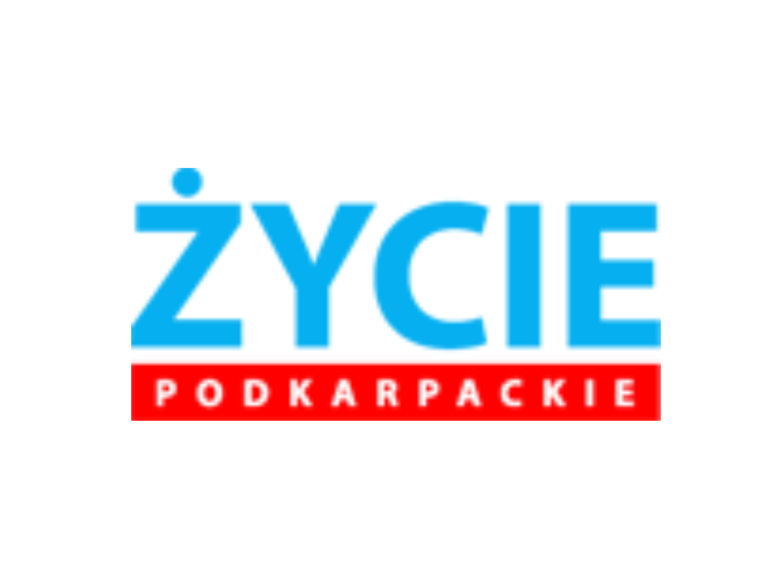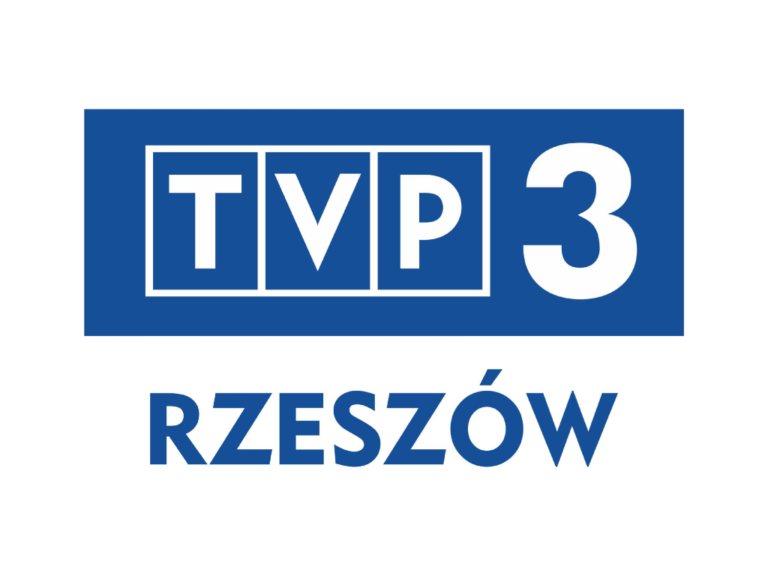The conversation took place at the Libera Café in Przemyśl, which my interviewee has co-owned for years. It was here not far away, literally a few tenements away, that the first bookstore was located, which they ran together with their wife Beata and their partners: the Mikuł couple. It was in the tenement that previously housed the Empik showroom, a tenement with a rich history that is inextricably linked to the city of Przemyśl.
.
AB: I wanted to ask you what you remember from the 1980s, from the old days of opposition activity?
JB: I have to worry you, because I unfortunately have such a bit of amnesia....
AB: But you probably remember some specific events and have memories of that period? Anyway, you are in several photographs published in the 2019 reprint of "Cultural Attic".
JB: I, as a rule, did not photograph myself, because I was a well-trained conspirator (laughs). It was the SB that could take pictures of me, and they certainly did. I would like to see them now. They took some photos of me during the time I lived in the Bieszczady Mountains. Maybe I'll start from the beginning, from the so-called prehistory. So, my such, one might say, activity, which you would like to hear about, began in 1973 or 1974. My first contact with the special services was in the village of Brylińce at a meeting of hippies in 1971/1972. We had a rally at that time, and after some time an SB team came to Brylinc when we had already started to disperse. Most were caught by the services at that time, but I managed to escape with a few people, because I happened to know the area a bit. We walked about 3 or 4 kilometers further to Cisowa by the waterfall. At that time it housed only a sheepfold and nothing else. At that time, from what I recall, they also caught Ryszard Terlecki a.k.a. "Psa" in Brylińce, who was then a student hippie. A total of a dozen people were detained there, and this was probably such my first encounter with the services. I then lived in the Bieszczady Mountains for three years.
AB: And where exactly, in what locality was it?
JB: It was not a village, on the map it was the village of Caryńskie, right on Przysłup Caryński. There was a shelter there in the form - literally - of a hut. At that time there were built some five or six huts in better or worse condition. Together with Wienczyslaw Nowacki we built a wooden house, probably the most durable in the area. The others were shacks. There we tried to create a center for drug addicts, because at that time there was a problem with drugs among hippie youth. It simply did not fully understand freedom. By the way, most were sensitive people. We got in touch with a center near Wroclaw, whose director was Dr. Thille and his assistant Dr. Fiszer, and it was he, I think, who was the forerunner who started treating people for drug addiction. This was later implemented by Marek Kotanski at Monar. The communists at the time thought that there were no drug addicts and this problem in Poland. But there was a problem, because the doctor had a hospital full of people. The authorities wanted to steer him away from it at the time, and the poor guy got sick and had a heart attack. Then Dr. Fiszer ran the center, and they sent us people who were already detoxified and promising improvement, just to the Bieszczady. Over these few years we managed to help many people return to a normal life. Unfortunately, the services often raided us. They couldn't move me to the end, because I was legally registered in those barracks. I even had it written in my ID card that I lived there: the address was Caryńskie 1. I registered with the municipality and got a registration for two years. After that period, there was, so to speak, a pacification of these houses by the services. They worked very hard to destroy them and so that no trace of them remained. Fortunately, some photos from that time have survived (https://historia.interia.pl/prl/news-hipisi-w-bieszczadach-tu-szukali-wolnosci,nId,1571171). This was my next contact with the security services, it was also in a sense a fight against communism, because we were doing something against the authorities, because the whole area was to be used for diplomatic hunting for high-ranking communists. It was to be such an extension of the resort in Arlamow. Muczne and other areas had already been developed, but all that was left was practically our Carynski area. Many times they urged us to go to work for them and made various "approaches" towards us. I still recall Father Andrzej Szpak, who was a Salesian in Przemyśl. He dealt with difficult youth, including hippies. He was one of the few priests I met who were truly by vocation. By the way, the Salesians dealt and still deal with such youth today. Father Szpak co-organized an Advent retreat at Father Bartminski's house in Krasiczyn. There were about 40, maybe 50 of us then, even a group of hippies from Czechoslovakia arrived. It was 1978 and we were reminiscing about the events of 10 years earlier in Czechoslovakia. In the morning, our Czechs quickly washed out, and we were targeted by the SB for our discussions. They let us in through the keyhole with butyric acid, which stinks horribly and, in addition, lasts a very long time. It's unbearable. They wreaked havoc on us. We then moved to the Salesians in Przemyśl. Unfortunately, the action repeated itself, this time they tried to poison us through the window. Only now a few guys ran out to catch up with these SS men and teach them a lesson. They fled to cars with Rzeszow registrations and drove off where the pepper grows. I, by this time, had returned to Przemysl and started farming here locally. I got to know all of our Przemyśl company, including my wife Beata, Marek Kuchcinski, with whom I had my first contact even a little earlier. We were involved in gardening together and at that time our paths crossed. In 1980, when the Solidarity Workers' Party began to emerge, Marek and I were just talking about how good it would be in Przemysl to start a Solidarity theme, for example a gardening one, bringing together gardening families: the Malawskis, the Blonies and so on. Then, at the PAX on Asnyka Street in Przemysl, we had our first founding meeting. The next one was held in an even larger group. Mark and I traveled to organize village meetings, including in Ostrow, Lêtownia and other towns near Przemyśl. Then came martial law in 1981. At first all this activity froze. We began to think about what to do and how to continue. This period I do not remember so precisely. Later, the organization of meetings within the framework of the Days of Christian Culture and the activities of our rebellious society began. Mark's house in Ostrow then practically became an open house. A very large number of people were hanging around there at that time. Sometimes even hidden agents.
AB: Such as the poet, your friend Joseph Kurylak?
JB: With Jozek it's quite a complicated matter. I, for one, am still trying to explain him in some way. Although I have not looked into my papers in the IPN, but from what I have heard from other people, he did not broadcast on our local colleagues. It can be said of him that he was a friend of the Jastrun household. Jastrun senior saw in him a predisposition to be a poet. Kurylak, on the other hand, cabaled on him to the services. Unfortunately, Józek had a difficult situation, he was a boy from the provinces, from a poor family, and went to study in Warsaw. There he came across a company stronger than himself, and at some point the Ubekists began to blackmail him. It's hard for me to judge how I would have behaved then in his place, because this is a very complex and difficult matter. Especially since he was offered financial gratification, which, given his material situation, he simply needed. Here in Przemyśl, he was also wallowing in poverty, eating meals at friends' houses, because he had nothing to live on. Józek even worked for a while in PAX and I remember that he spent almost everything on cigarettes. I don't know what I would have done back then, if they had pressed me harder - I can't answer. I, perhaps, was a bit lucky that my "guardians" approached me a bit more leniently than others.
AB: Of course, it is hard to imagine such blackmail on family and loved ones.
JB: This applied to lay people, as well as priests - because they were also intimidated. My "guardian," functionary Mieczyslaw Tabisz, sometimes came to my plot to persuade me to cooperate, but I always countered his proposals with hippie philosophy. He would suggest to me, for example, what I could get if I worked for them, and I would reply that I didn't need anything in life, because what I had was completely sufficient for me. I am a free man.
AB: Going back to your meetings: how do you recall them?
JB: Mark's house was an open house and it was there that we discussed and debated everything. There was a generally relaxed, friendly atmosphere. I spoke quite recently with my colleague Krzysiek Sawicki. He stated that we were overthrowing communism at the time. My goal was not to overthrow communism, because I didn't believe it could be done overnight, or even over the next 10 years. One could, of course, weaken it by doing something in one's own way, against the authorities. At that time there were social gatherings, with special guests, among close friends. I associate these people, but I just can't remember all the names. With some of them we became friends. I even remember such a famous "death rally" in the Bieszczady Mountains with my Nysa. At that time we drove through the forest wilderness with, among others, Marek Kuchcinski, Marta Siennicka and her friend Deborah from the United States.
(This recollection is supplemented by Marek Kuchcinski: I remember that trip to the Bieszczady Mountains. Deborah was a friend of Marta ("Miss Editor" from the Cultural Attic) and editor of a prestigious literary periodical probably from New York. We went together to the Bieszczady Mountains to see, among other things, just the area after the village of Caryńskie near Polonina. We took a path up the mountain from the side of the Koliba hut, in full sunlight, until we were over the border of the forest, and all around we could see clearings sprinkled with berries. There we were surprised by rain and then a heavy downpour. We lost our way quickly, walking in that rain (because the trails weren't there yet), so Jurek decided that we would try to descend into the valley along the stream. And so in that downpour we walked along the rising stream, passing on the way two hidden encampments of people, at the time hiding from civilization. The girls thought we would never come out of that forest. I was left with an old pair of binoculars from Deborah, functional for one eye, but valuable because she and the previous owner had visited almost the entire world...).
AB: And do you remember when it ended, when your paths parted?
JB: Our paths diverged I think because of politics. I was even supposed to go in that direction, but eventually gave up. I couldn't find my way in this field.
AB: Please tell me something about the anti-communist activities of your father and your father-in-law.
JB: Let me start perhaps with my father-in-law - born in 1926, he attended the meadow technicum in Bakończyce in Przemyśl. Immediately after the war he returned from Lviv to Przemysl. It was then that young people, among them him, founded an organization called the League for the Struggle against Bolshevism in the 1940s. Among them, names such as Maciurzynski or Czarski (Cap) and he Petzel. They collected, among other things, weapons. They were caught rather quickly. They were arrested. It was hard for my father-in-law to tell about it even after many years, but he told me that they got life imprisonment or 25 years for espionage then. My father-in-law was in prison until 1956 and got out under Gomulka during the amnesty. My father, on the other hand, born in 1923, was in the National Armed Forces. He had two other brothers: one of them was in the Peasant Battalions and another in the Home Army. His father served in auxiliary roles in the NSZ. His commander told him only that he was too valuable to Poland to risk his life in the front line of fire. He told him that he would be useful once they rebuilt Poland. My father later passed a small high school diploma and went to a gardening school in Skierniewice. There the headmistress, after some time, singled out my father for a trip, then very prestigious, straight to Moscow. She saw potential in him, but they began to rummage through his papers, and there, to their surprise, were many gaps beyond explanation....
AB: During your encounters in the 1980s in Przemyśl, you and your wife were involved in the distribution and sale of books and underground publications.
JB: Yes, we sold second-circulation books, blotting papers and publications, which were supplied to us by Jasiu Jarosz, among others. We also distributed so-called bric-a-brac, including stamps for various occasions printed unofficially. This money was earmarked for those arrested and to help their families. We collected money for colleges, for example, for our colleague Zygmunt Majgier or Robert Majka. We kept this money with the priest at the Holy Trinity parish of the Benedictine nuns in Przemyśl. There we kept our entire fund in the form of mostly coins. Times were hard, but people were quite generous then.
Of the funnier episodes, I still remember a situation from the old days, when Marek Kuchcinski came to me to take me to a meeting at Jas Karusia, who lives near Przemysl. My wife said I could go, only I should buy milk for the children. Marek then told me that there would be no problem with the milk, because I would get it from Jasia for sure, so we drove straight to him. On the way it started to snow gently. At Karusia's place we discussed all the most important matters quite quickly and sat socially for a while. Zygmunt Majgier was the driver at the time. We had already started to get together to return at a fairly decent hour. Our road was already completely covered by snow. We tried to dig it out with shovels, but it didn't make much sense. We were forced to return to Jas's home, and to our own - only the next day, when the road was cleared by plows.
(This recollection is later supplemented by Marek Kuchcinski: Andrzej Kucharski was also with us. We took two shovels specially from Jan Karus, suspecting that the way back might be covered with snow. Indeed it did - behind Tapin on the summit it was blowing and snowing so hard that we couldn't keep up with clearing the road in front of the car. A large bus was also stuck behind us until the morning. I never had such a situation again in my life...").
Interviewed and collected by Alexander Busz
